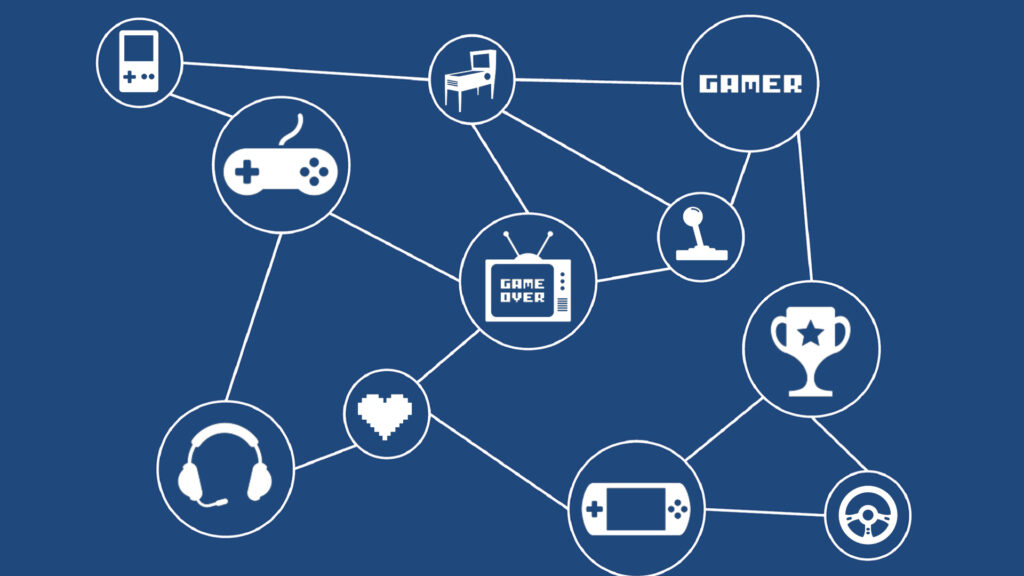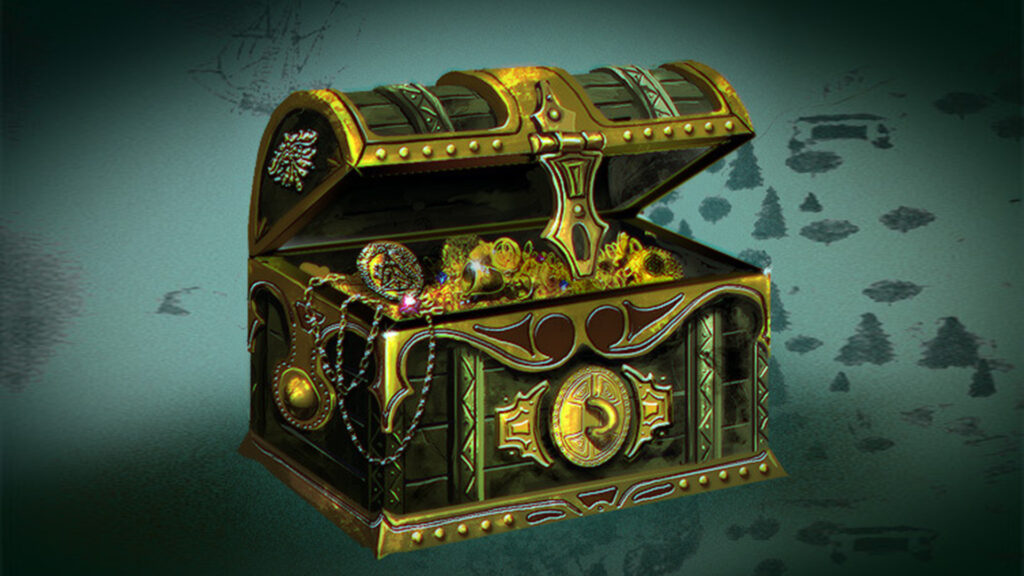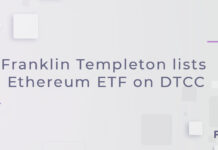In the intersection of gaming and blockchain technology lies a groundbreaking innovation known as cryptogames. These are online games that integrate cryptocurrency and blockchain tech into their core mechanics. Unlike traditional games where assets, be it a magical sword or a character, are controlled by the game’s developers, cryptogames give players true ownership of these assets. Each in-game item or character can be represented as a token on a blockchain, ensuring its uniqueness and ownership by a particular player.

For gamers, the appeal is straightforward. For the first time in digital gaming history, they have genuine, verifiable ownership of their in-game assets. This means that a rare sword won in a dungeon raid isn’t just a bunch of pixels on a screen – it’s a unique asset with potential real-world value. Players can trade, sell, or showcase their assets as they would with physical collectibles. It’s a revolutionary shift from the days where the in-game items you worked hard for had no value outside the game.

Cryptocurrency traders, always on the lookout for new and potentially lucrative ventures, see cryptogames as another form of decentralized finance (DeFi) platform. These games create an economy where tokens, representing in-game assets, can be traded on various cryptocurrency exchanges. The rarity, utility, and demand for these tokens can drive their value, much like traditional cryptocurrencies such as Bitcoin or Ethereum. Hence, a crypto trader’s skillset in analyzing market trends, understanding demand-supply mechanics, and risk management can be applied to the cryptogaming marketplace.
The play-to-earn model in cryptogames has unveiled a novel way for gamers to monetize their skills. By participating in the game, whether through battles, quests, or challenges, players can earn unique tokens. These tokens, depending on their rarity and demand within the game’s ecosystem, can be sold on internal marketplaces or broader cryptocurrency exchanges.
But the opportunities aren’t just limited to in-game actions. Breeding or crafting unique items or characters can also be a lucrative venture. Players can strategically combine in-game assets to create rarer, more desirable tokens. These can then be sold to other players, creating a dynamic player-driven economy.
Furthermore, with the rise of decentralized autonomous organizations (DAOs) within games, players can also earn by participating in the governance and decision-making processes of the game. By holding and staking certain tokens, they can influence game development decisions, and in return, get rewarded.
While the potential rewards are tempting, it’s essential to approach cryptogames with a blend of gamer’s enthusiasm and trader’s caution. Just as in the broader crypto space, due diligence is crucial. Not all games are created equal. It’s vital to research a game’s mechanics, its developer’s history, the robustness of its underlying blockchain, and its community’s vibrancy before making any decisions.
Cryptogames represent a paradigm shift in both the gaming and cryptocurrency worlds. They’ve transformed passive entertainment into an active economy, where players’ actions have tangible value. As the technology matures and more games enter the space, the boundaries of what’s possible in both gaming and finance are set to expand exponentially.




